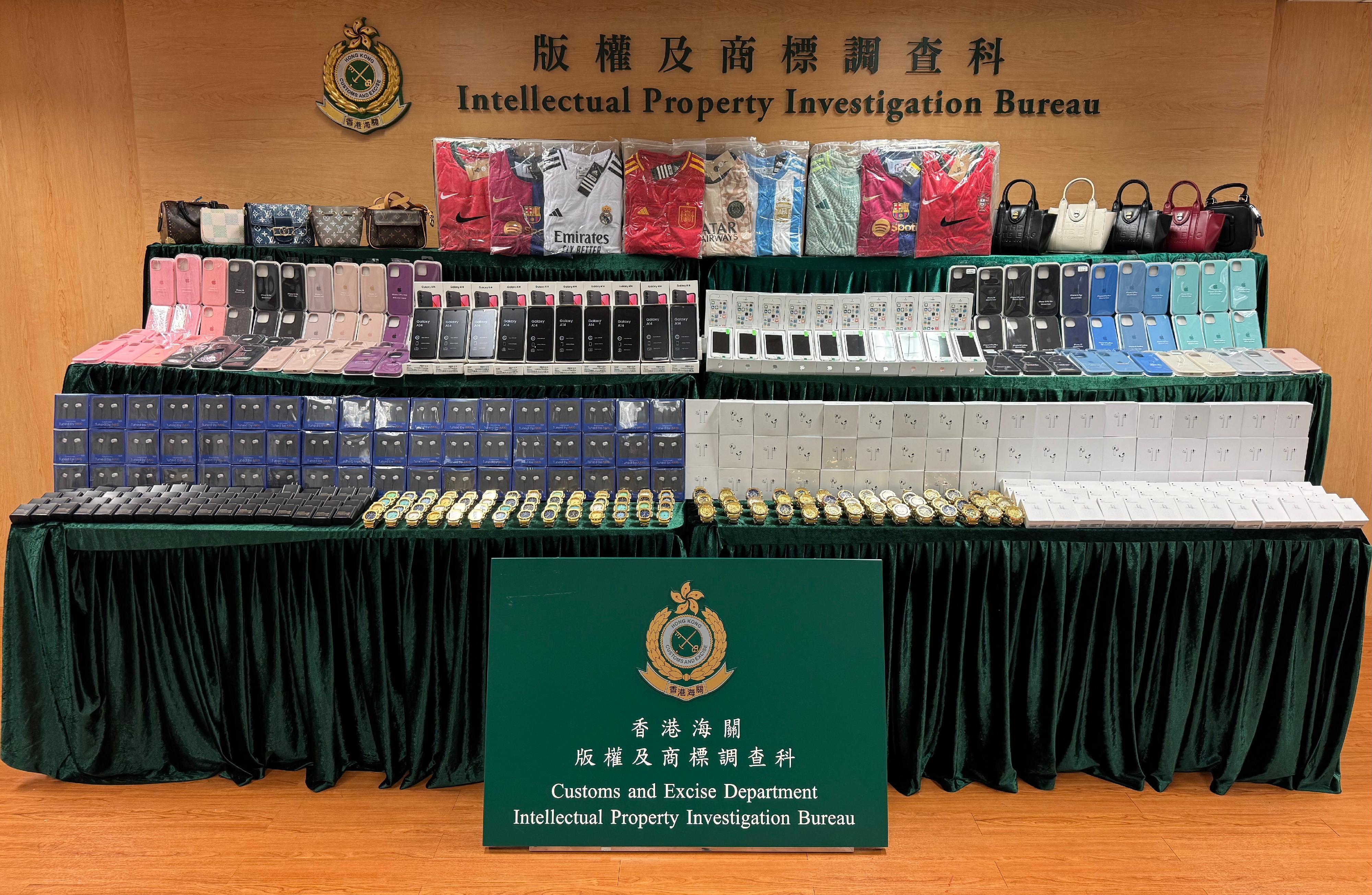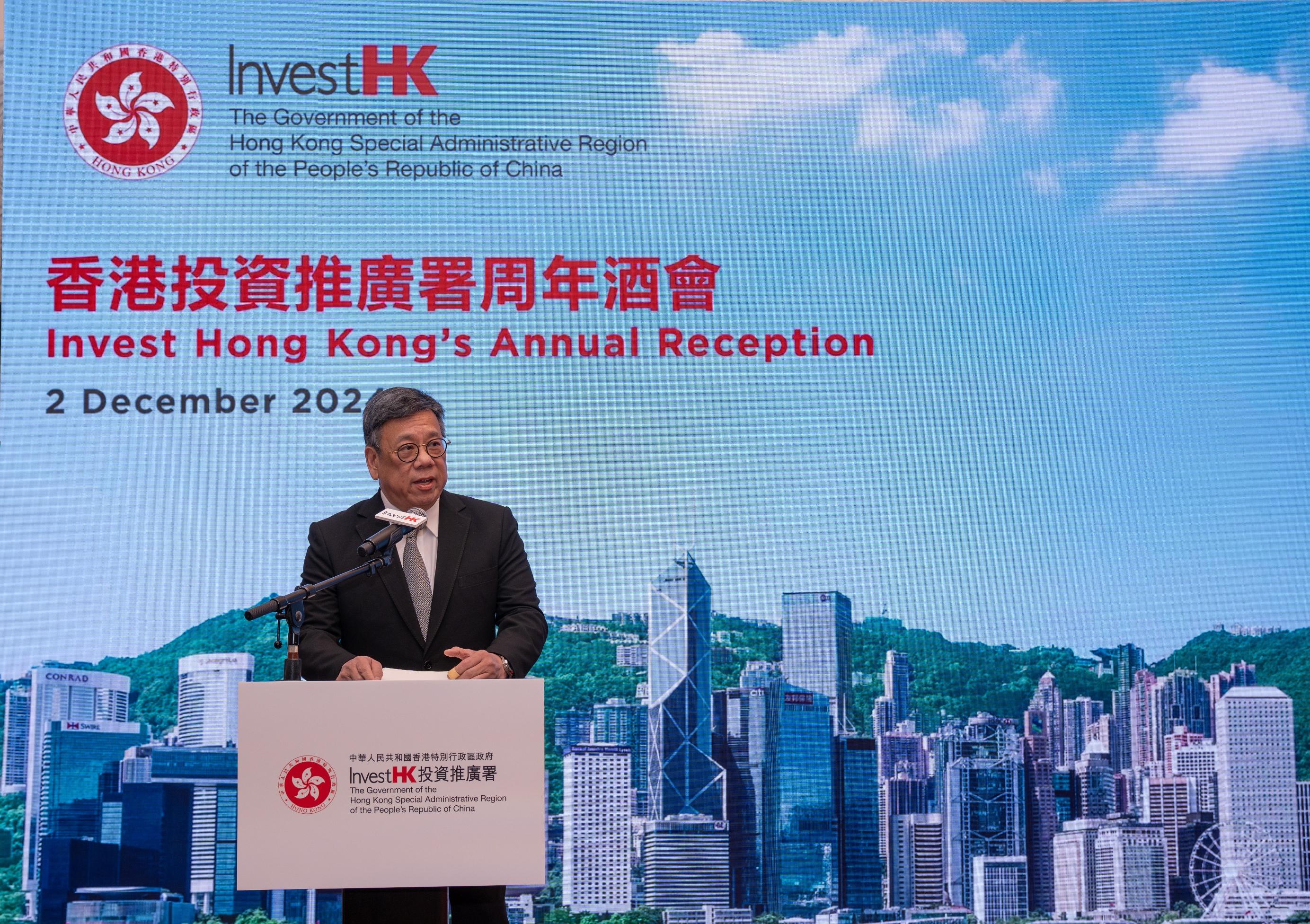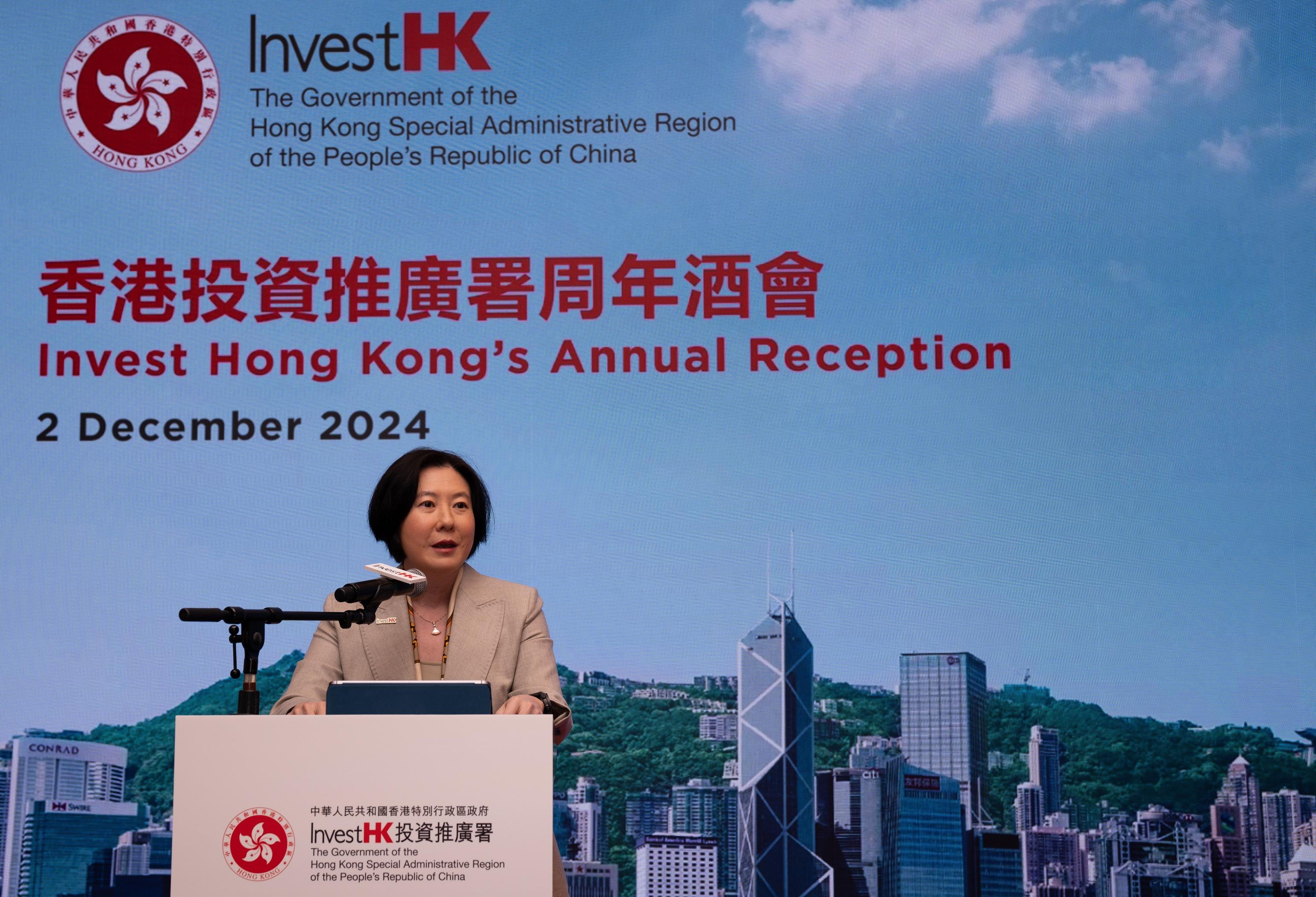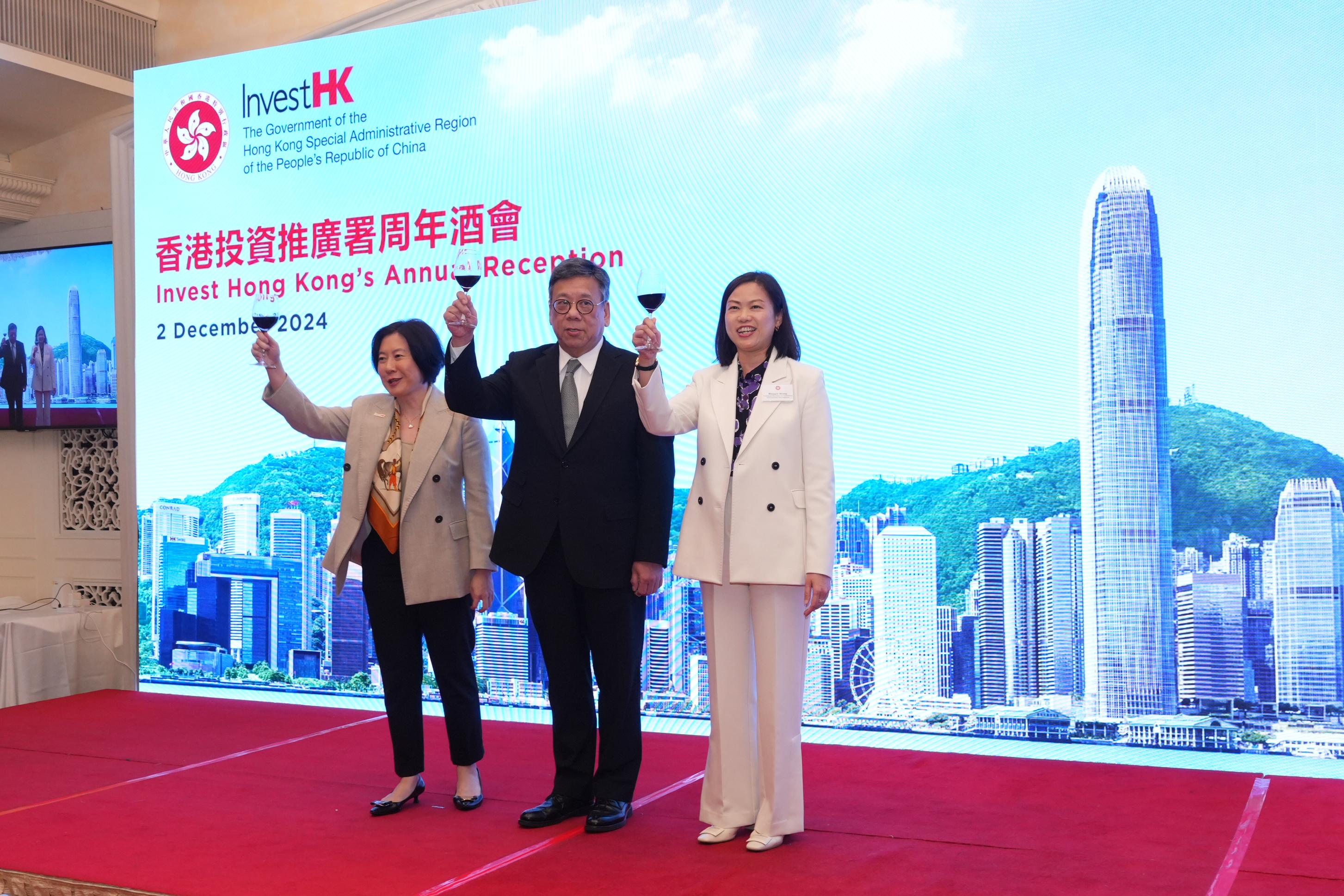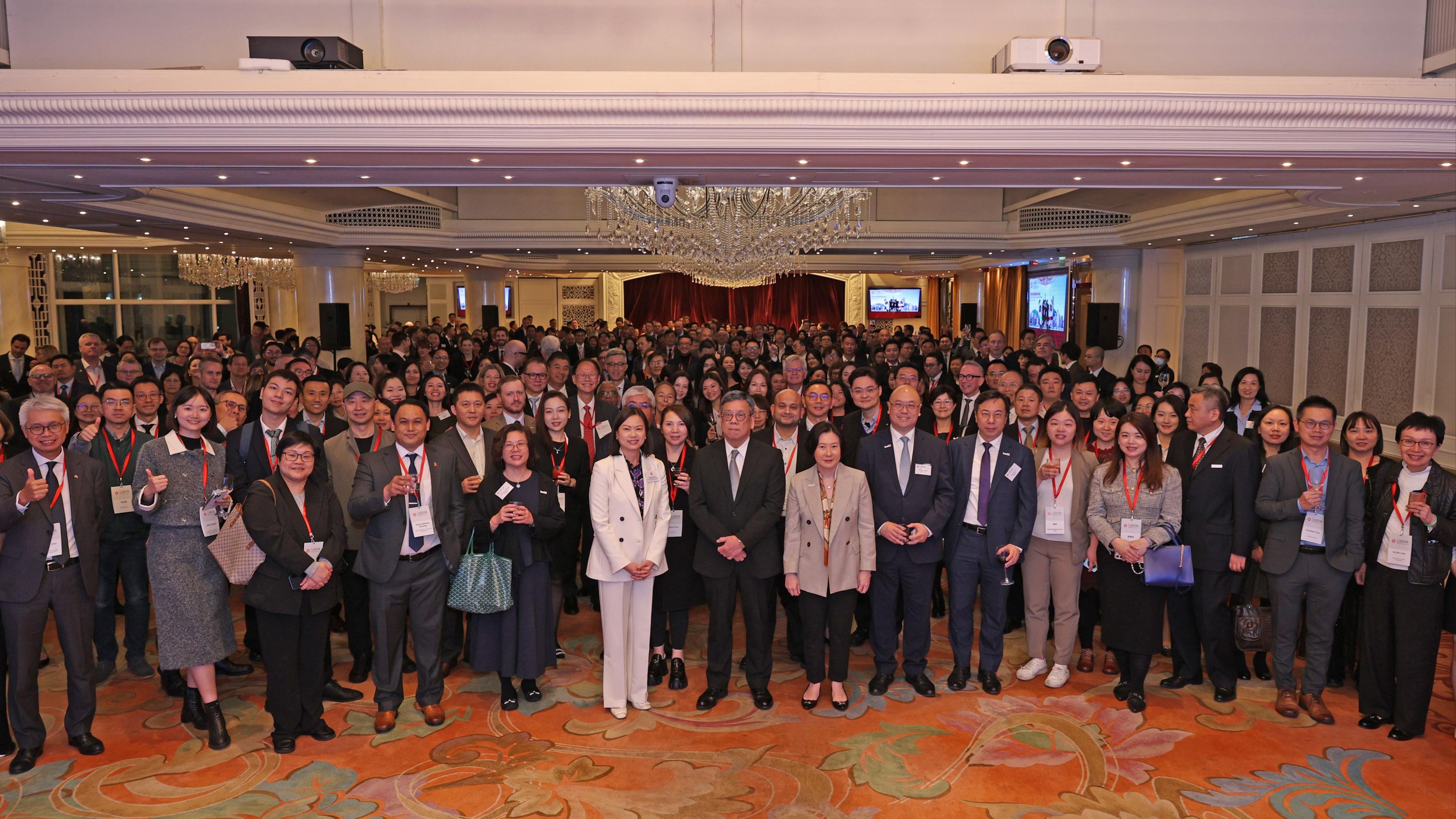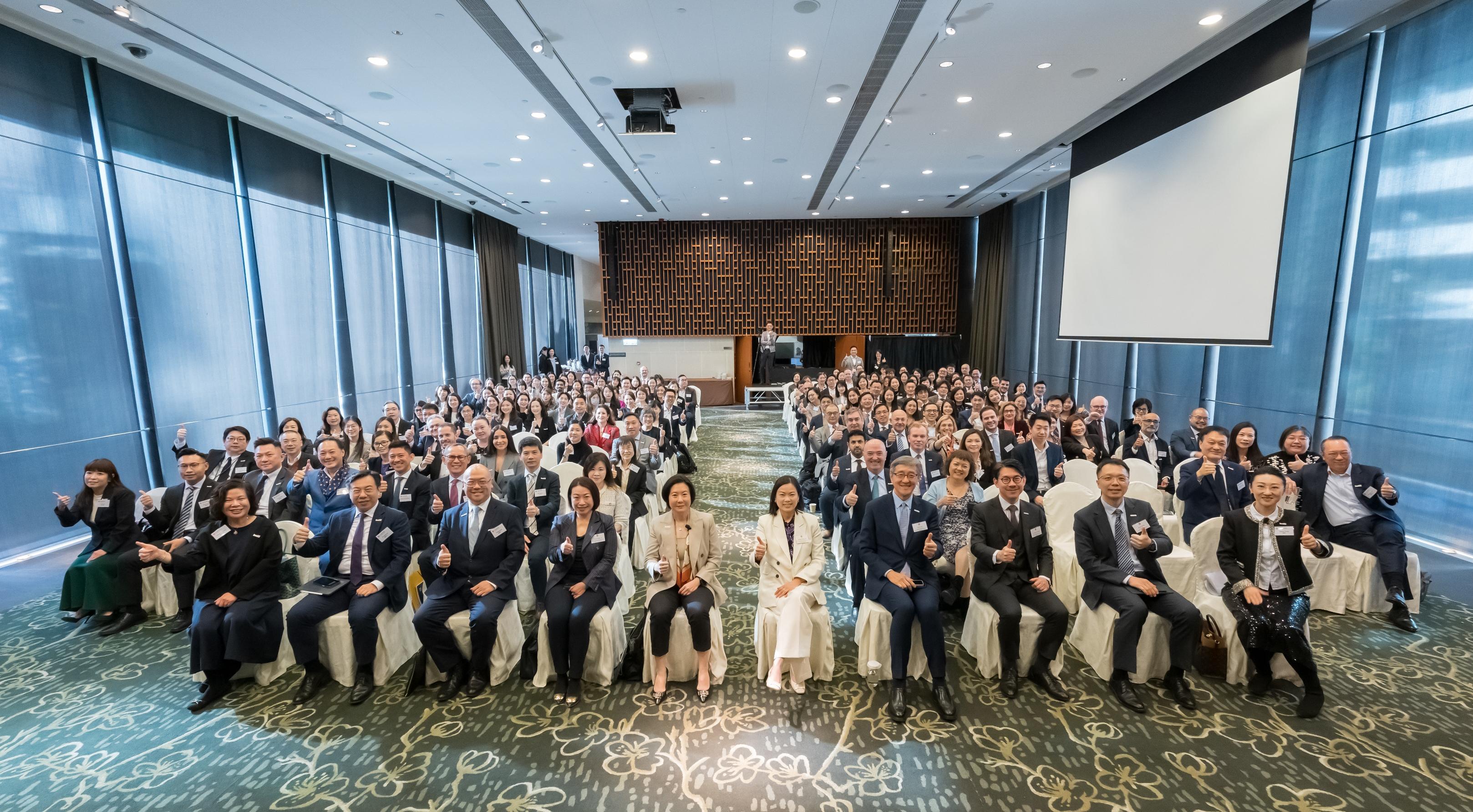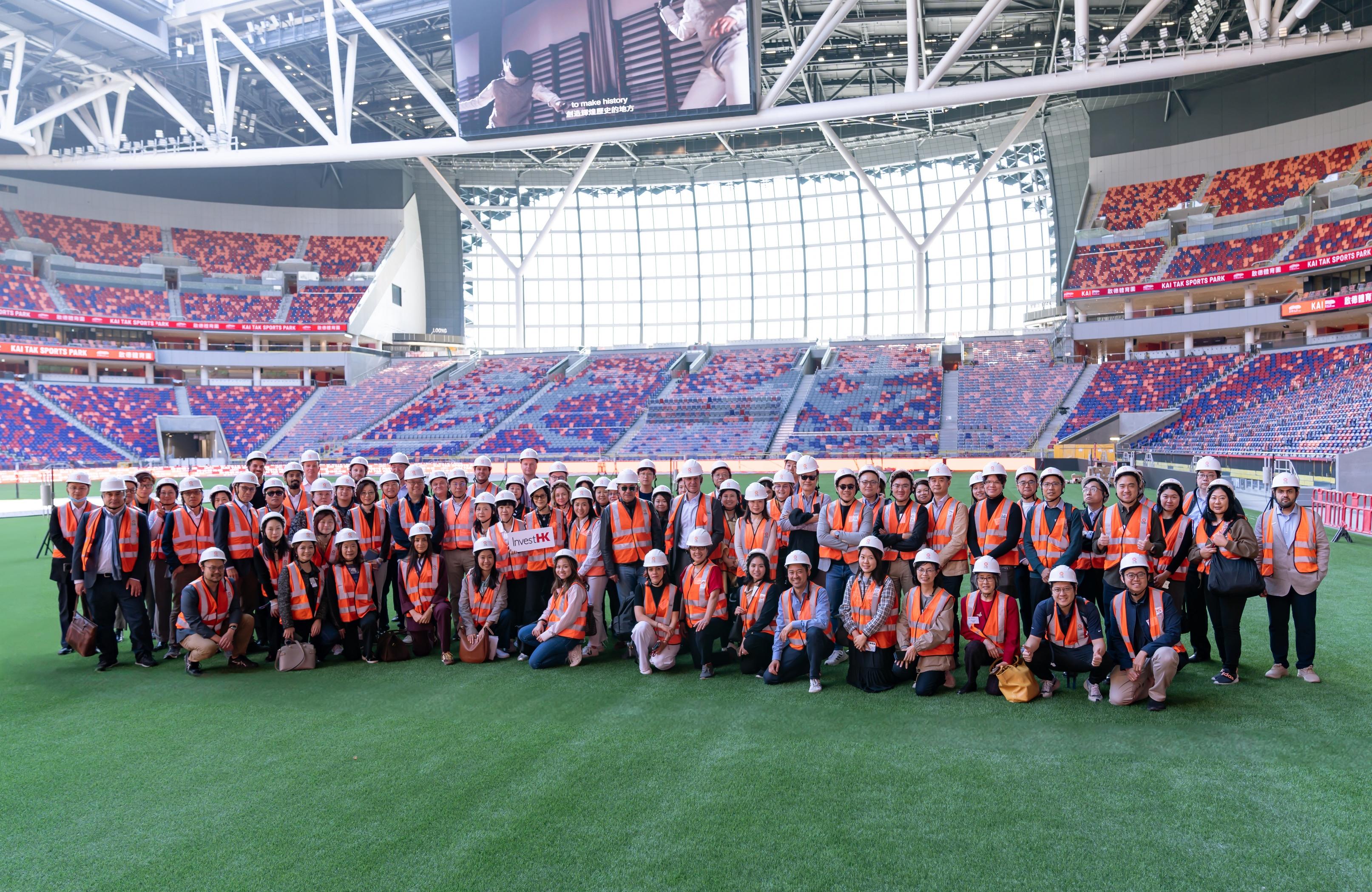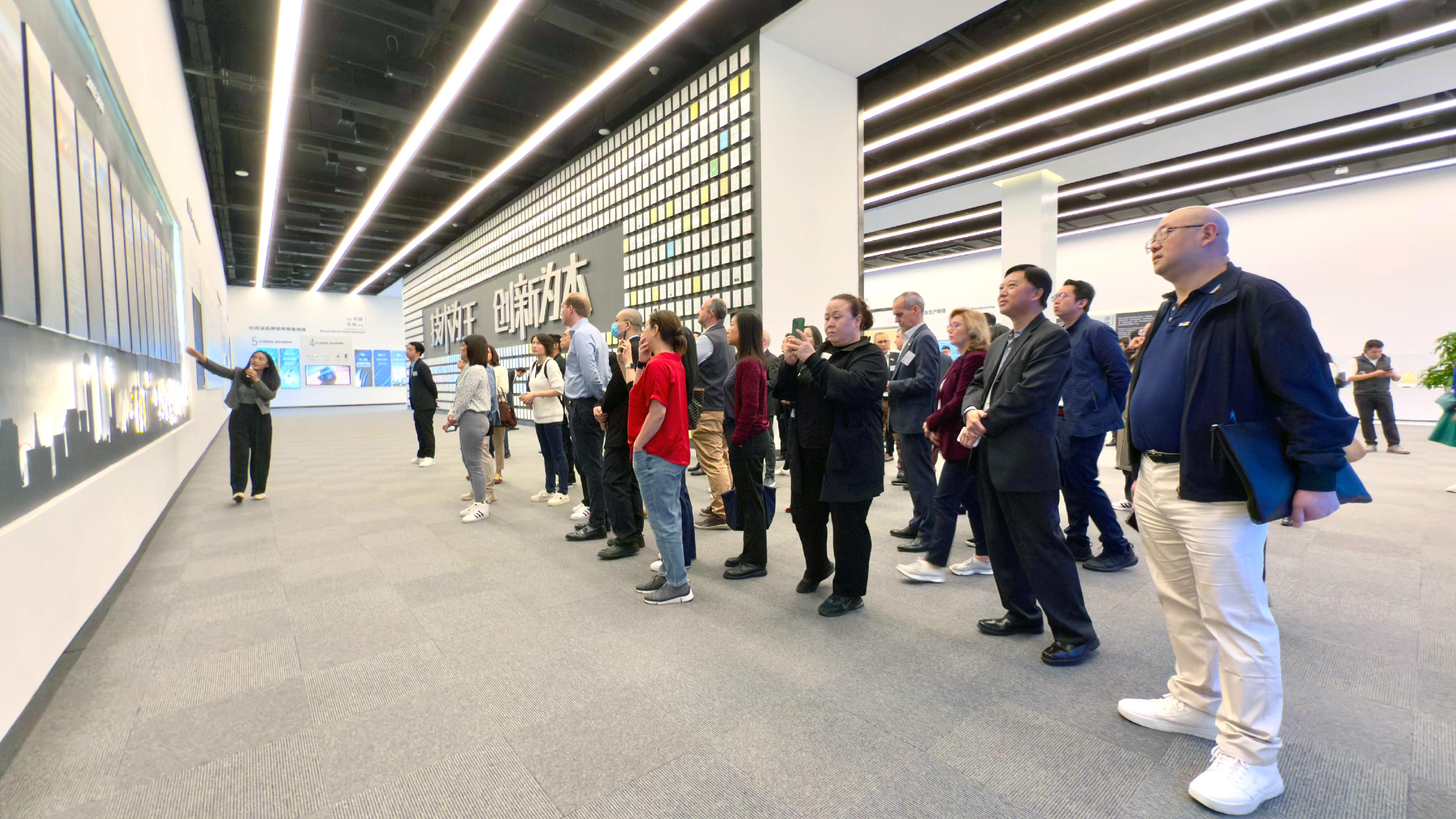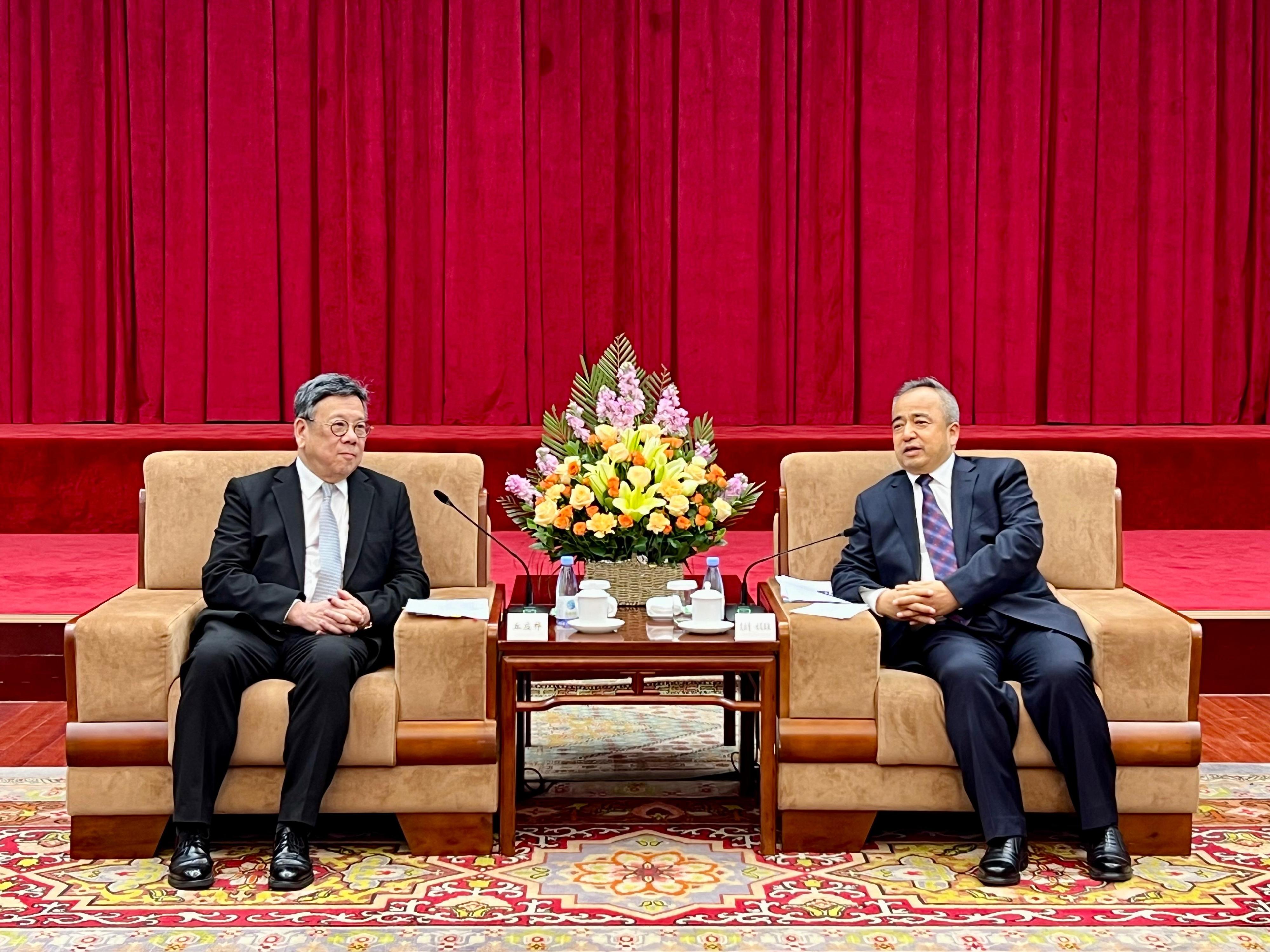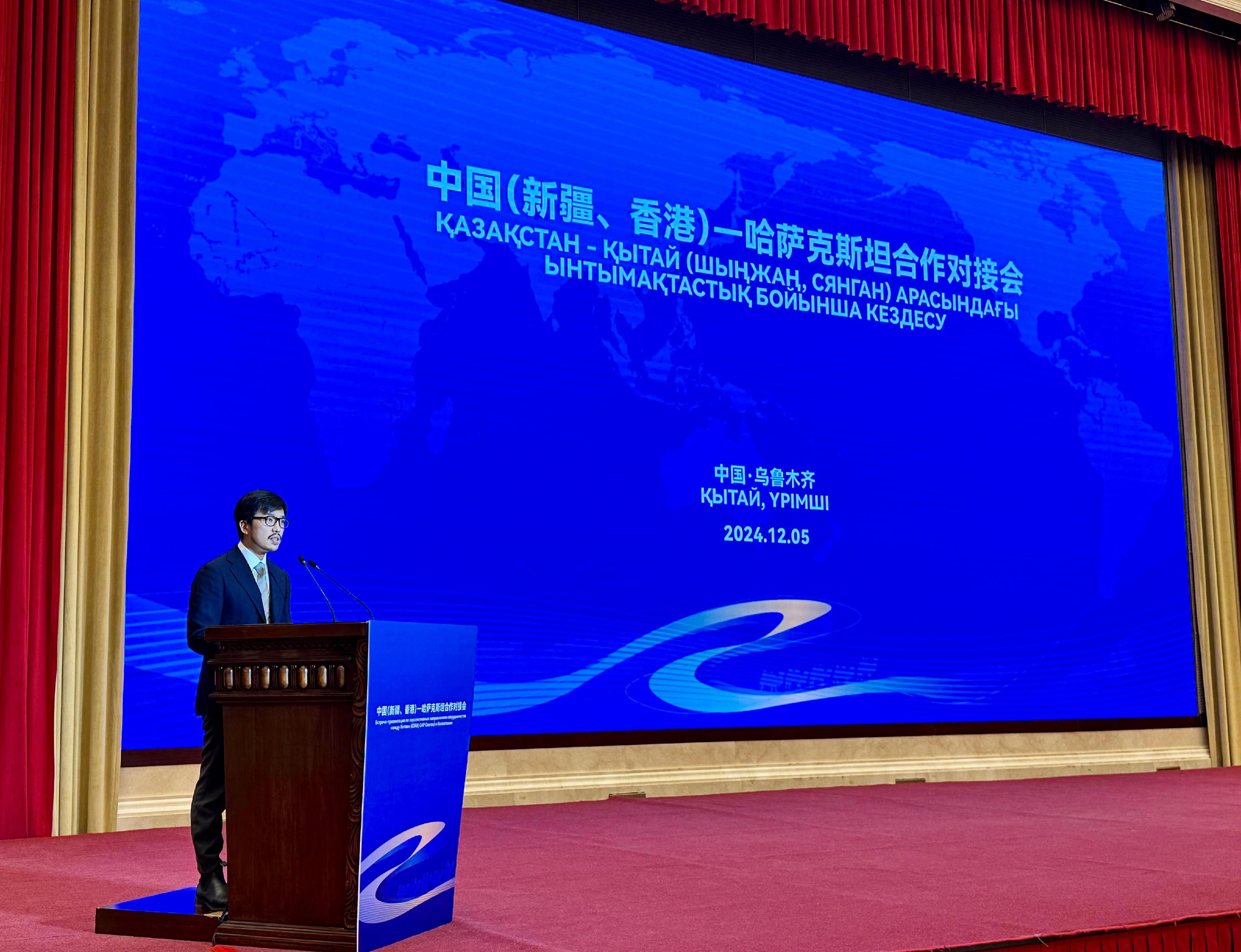Hong Kong Customs teams up with Mainland and Macao Customs to combat cross-boundary counterfeit goods transshipment activities (with photo)
Hong Kong Customs conducted a two-week joint operation with the Mainland and Macao Customs from November 18 to 30, during which inspection of goods across the three places and destined for North America, Europe, Africa, South America, Southeast Asia, and countries and regions along the Belt and Road Initiative was stepped up, with a view to combating cross-boundary and transshipment counterfeiting activities. During the operation, Hong Kong Customs detected 26 cases and seized about 36 000 items of suspected counterfeit goods, including mobile phone accessories, watches, jerseys and handbags, with a total estimated market value of about $11 million.
Through intelligence analysis and in-depth investigations, Hong Kong Customs in the operation detected 22 related cases at a number of local express couriers. Meanwhile, Customs officers on November 27 inspected one 40-foot container, arriving in Hong Kong from the Mainland and containing suspected counterfeit goods, at the Tuen Mun River Trade Terminal Customs Cargo Examination Compound, leading to the detection of one more case.
In the other three cases, Customs officers intercepted three incoming lorries on November 22 and 23 at the Heung Yuen Wai Boundary Control Point and Hong Kong-Zhuhai-Macao Bridge Hong Kong Port, seizing a batch of suspected counterfeit goods from the vehicles. Three male lorry drivers, aged between 27 and 58, were arrested. The three arrested men have been released on bail pending further investigation.
Hong Kong Customs will continue to work closely with the Mainland Customs, Macao Customs and overseas law enforcement agencies to vigorously combat cross-boundary counterfeit goods transshipping activities through intelligence exchanges and joint enforcement actions.
Under the Trade Descriptions Ordinance, any person who imports or exports any goods to which a forged trademark is applied commits an offence. The maximum penalty upon conviction is a fine of $500,000 and imprisonment for five years.
Members of the public may report any suspected counterfeiting activities to Customs’ 24-hour hotline 182 80 80 or its dedicated crime-reporting email account (crimereport@customs.gov.hk) or online form (eform.cefs.gov.hk/form/ced002).


